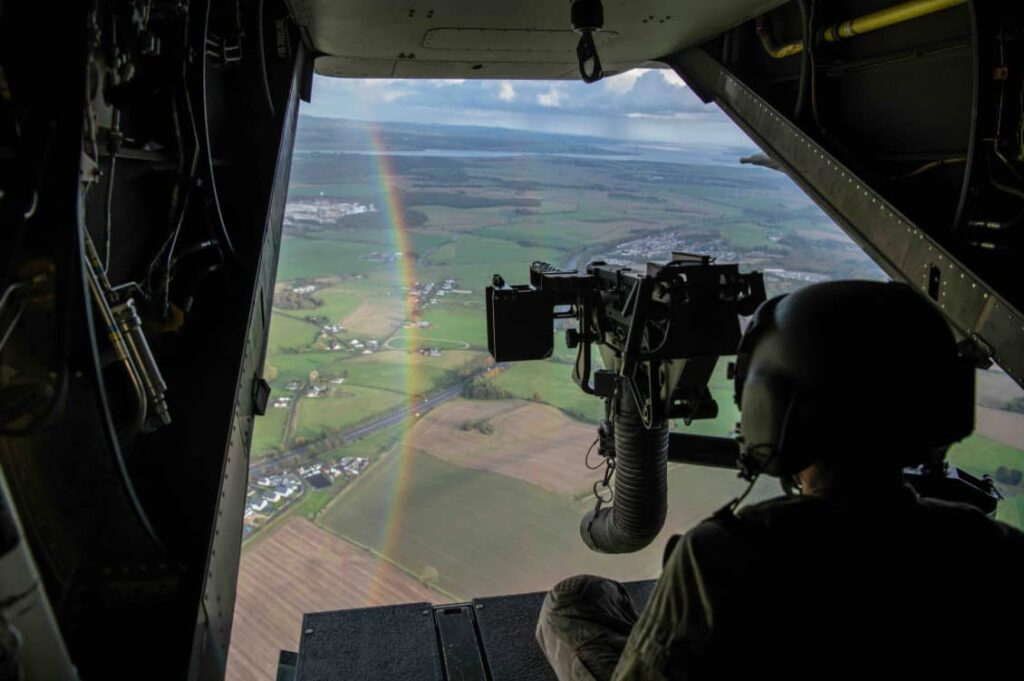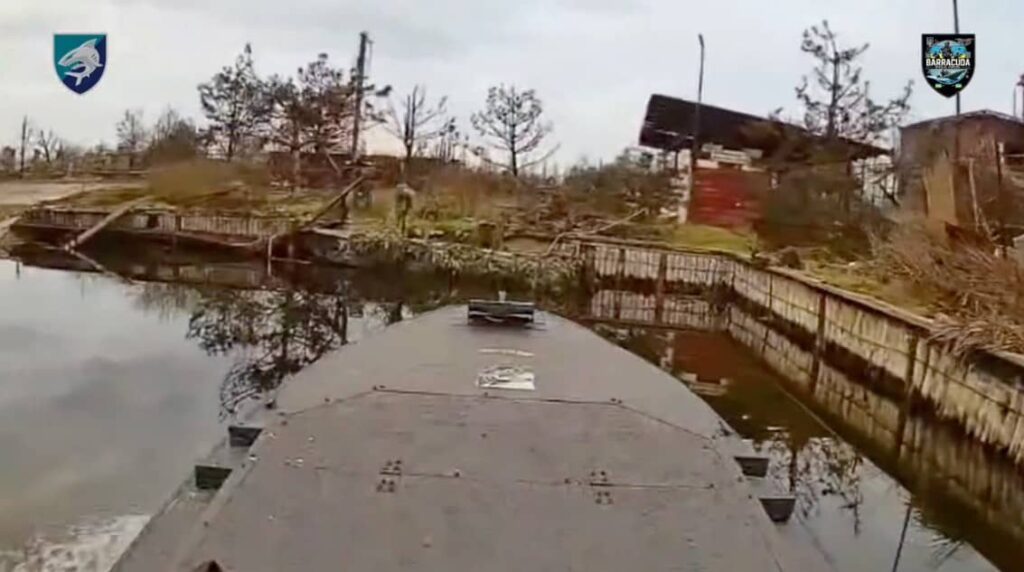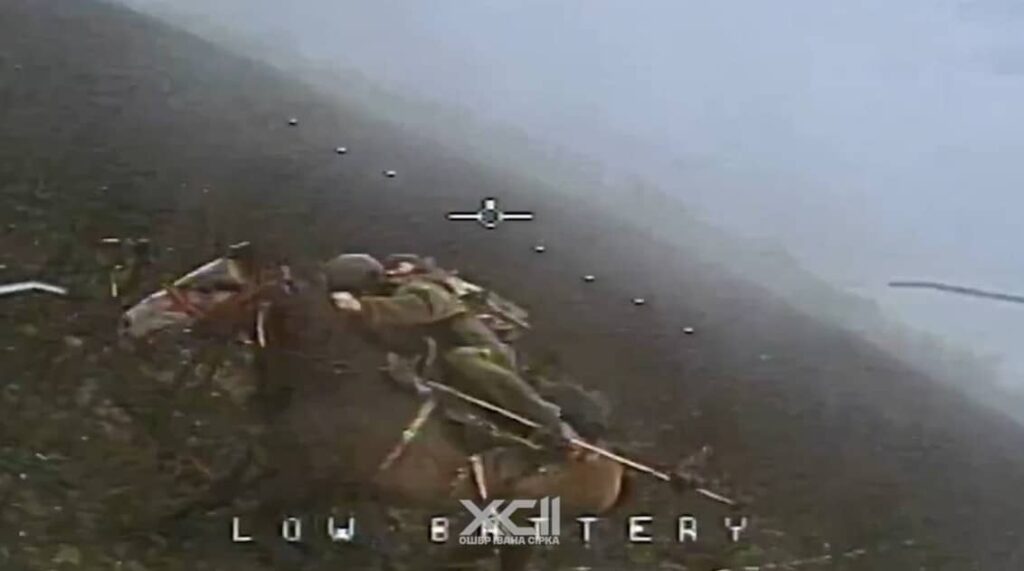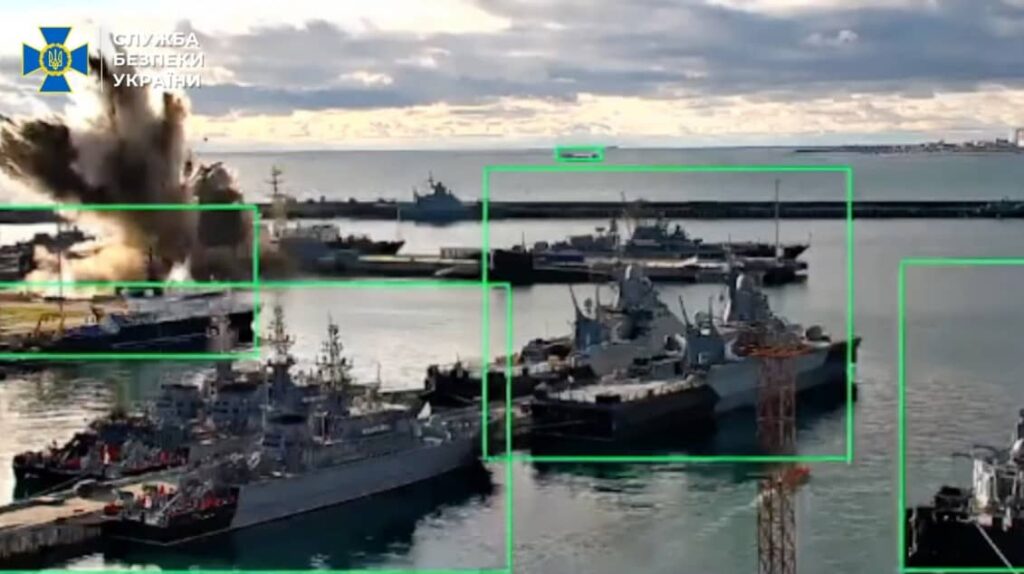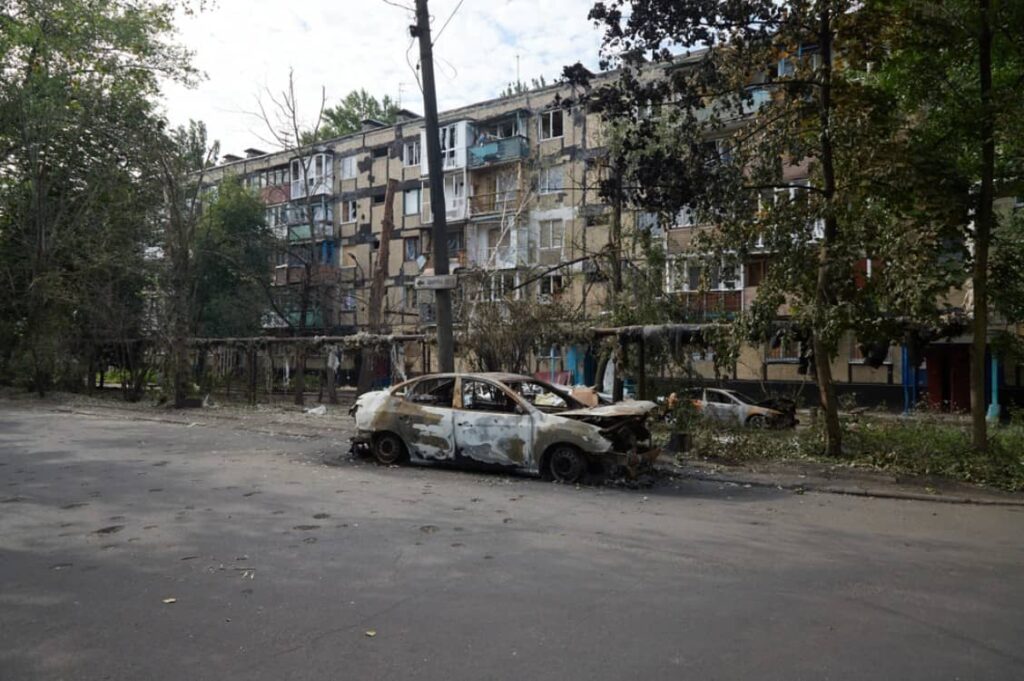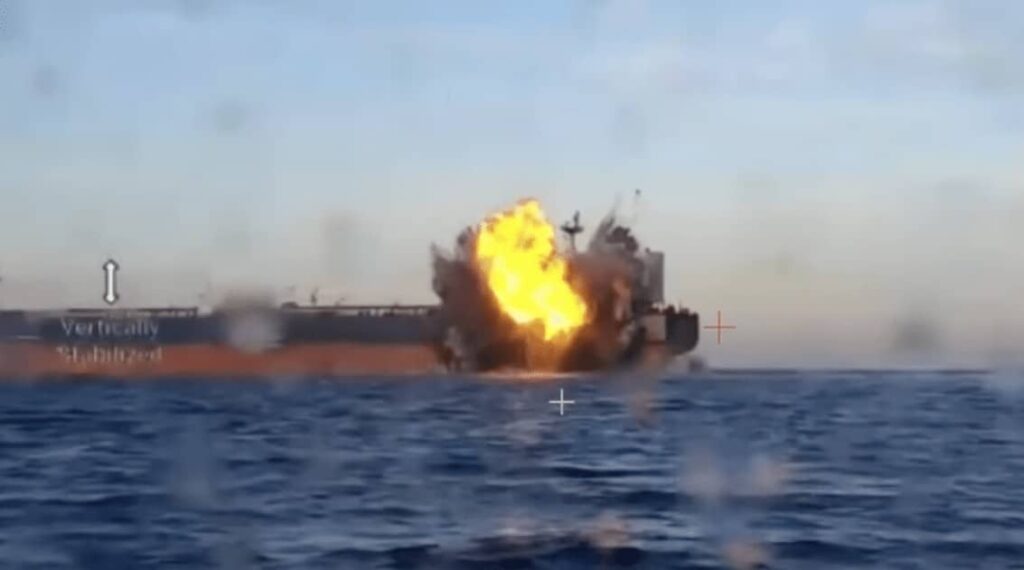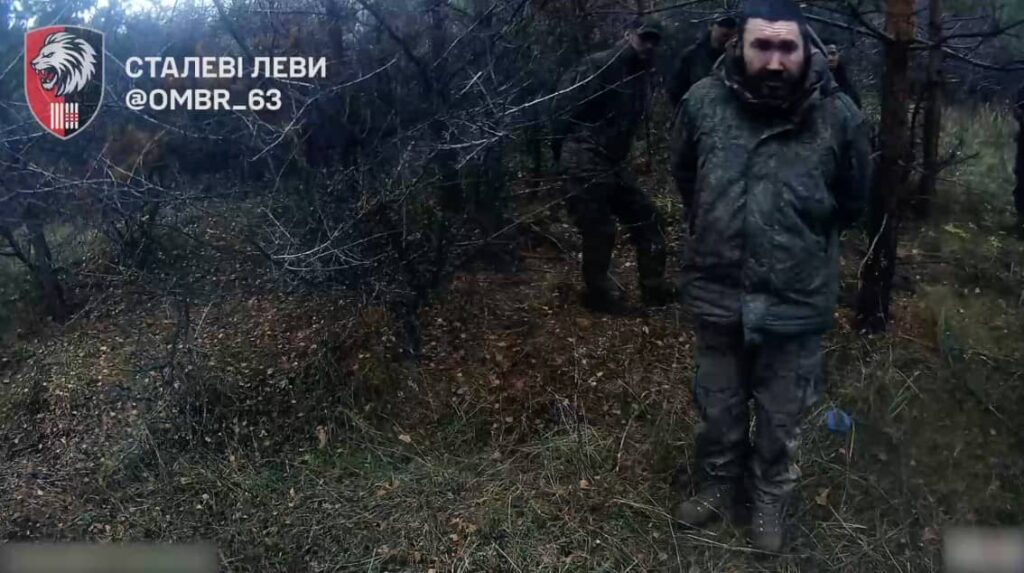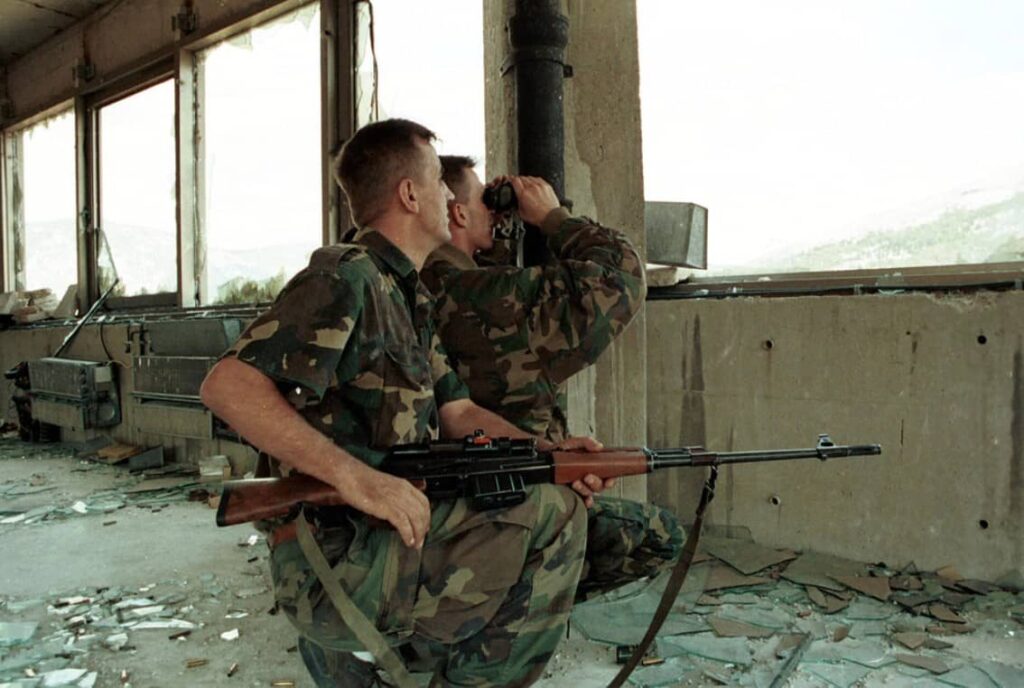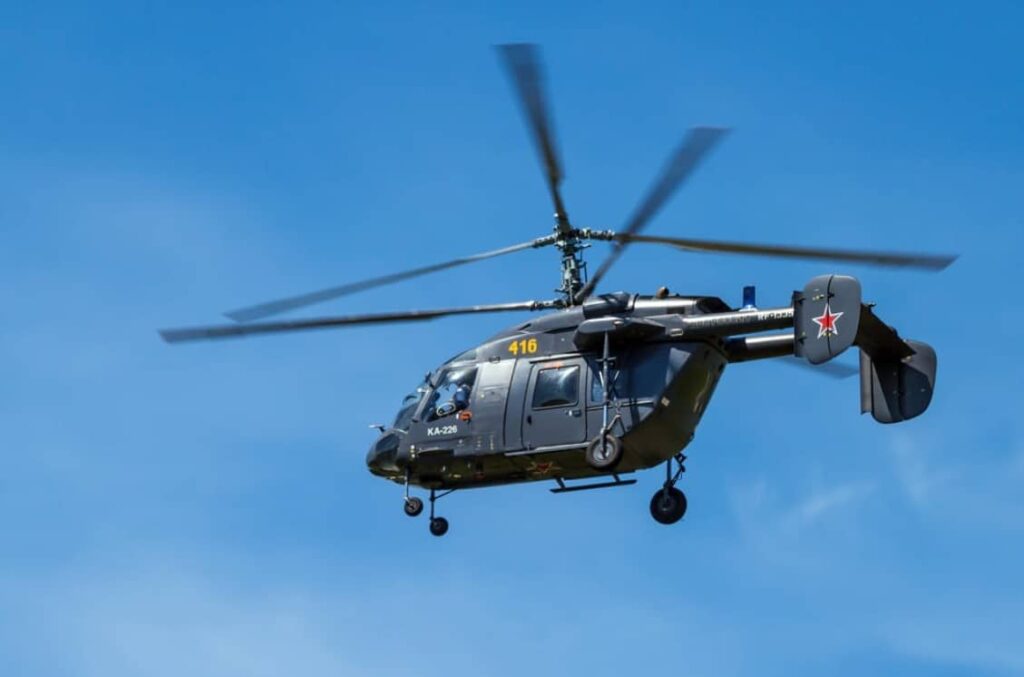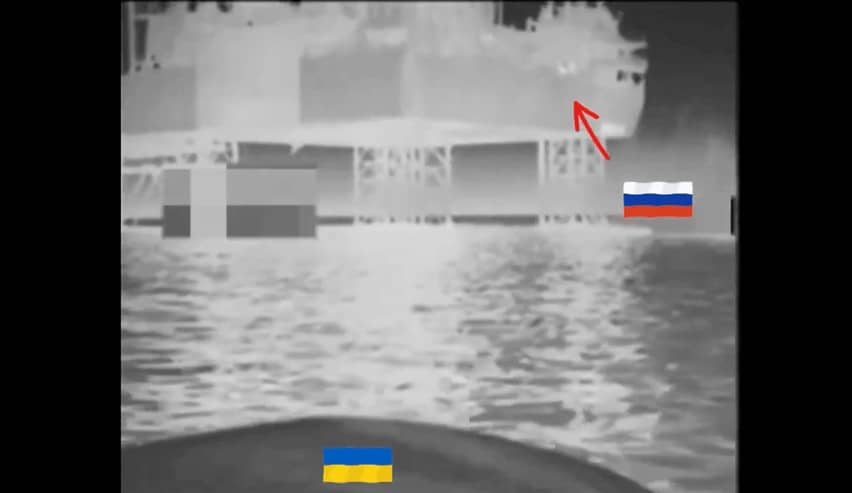South Korea Says 4,700 North Korean Troops Killed or Injured Fighting for Russia
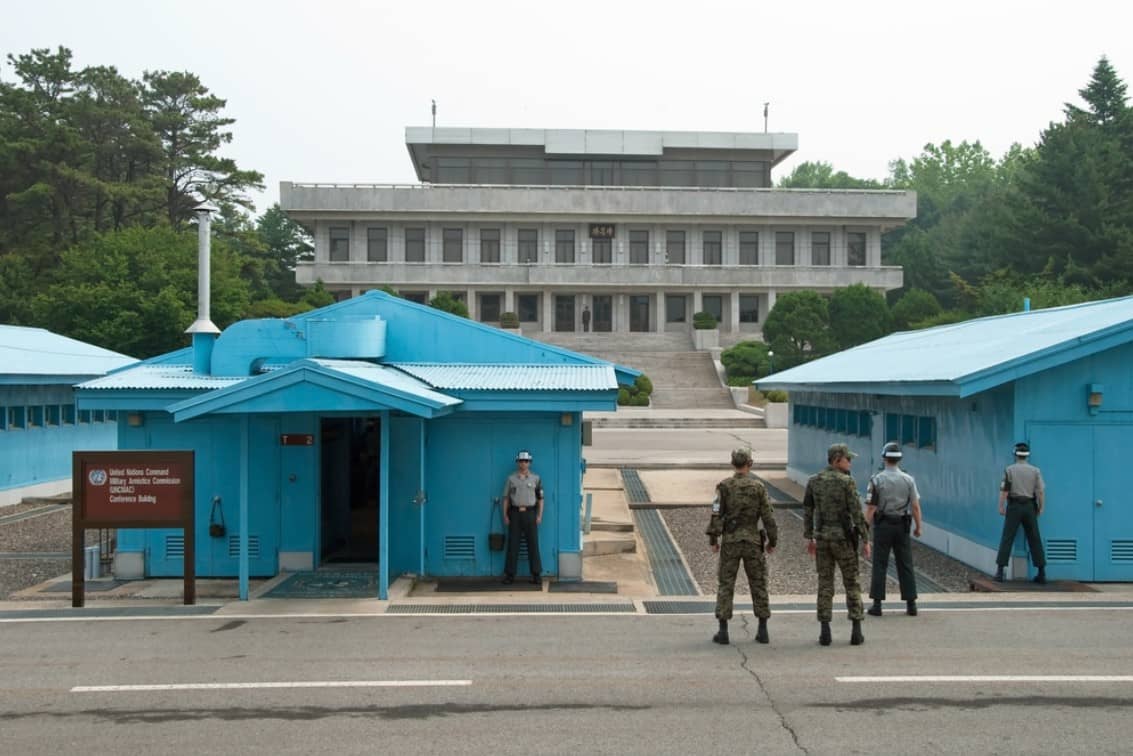
South Korea’s intelligence agency reported that approximately 4,700 North Korean soldiers have been killed or wounded while fighting alongside Russian forces in Ukraine.
The National Intelligence Service (NIS) disclosed the figure in a closed door meeting on Wednesday, following Russia and North Korea’s confirmation earlier this week that North Korean troops have been deployed to Ukraine to assist Russia in regaining control of the Kursk region.
According to South Korean National Assembly member Lee Seong Kweun, who attended the parliamentary committee meeting, the NIS stated that the casualties include around 600 confirmed deaths and more than 4,000 wounded.
The NIS also reported that between January and March, about 2,000 injured North Korean troops were repatriated, while those killed in action were cremated in Russia and their remains returned to North Korea.
U.S., South Korean, and Ukrainian officials earlier said that North Korea deployed between 10,000 and 12,000 troops to Russia last fall. In March, South Korea’s military reported that an additional 3,000 North Korean troops were sent earlier this year.
According to Lee, the NIS reported that North Korean troops have become more effective in combat after six months on the battlefield, gaining experience and learning to operate modern weapons, including drones.
Lawmaker Kim Byung-kee, citing the NIS, said North Korea has received from Russia advanced weapons technology, including drones, air defense systems, and satellite support. In return, North Korea gave Russia large amounts of weapons and ammunition, reportedly worth billions of dollars.
Kim further noted that in addition to the thousands of North Korean soldiers deployed to the Russia-Ukraine war, Pyongyang has sent 15,000 workers to Russia under the guise of industrial cooperation programs. Despite being banned under U.N. sanctions, these labor deployments continue and remain a crucial source of income for the North Korean regime.

